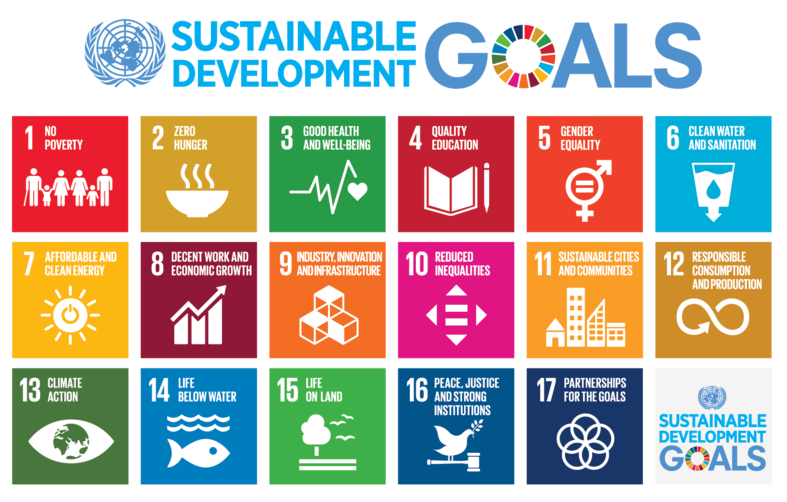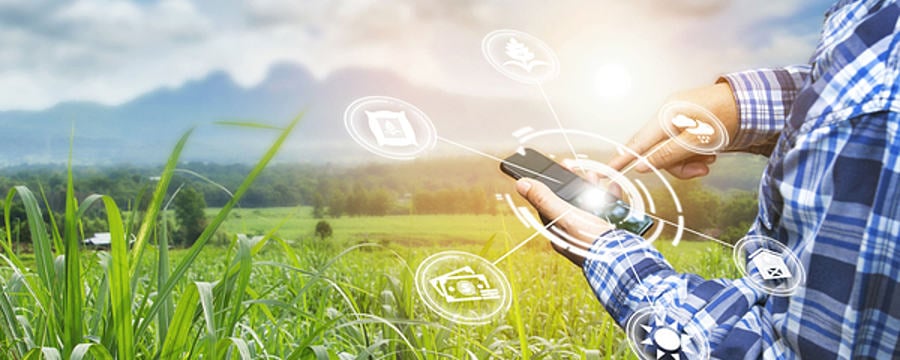What Challenges in the Food System Are We Facing?

Share this step
By 2050, global food systems will need to feed and nourish more than 9 billion people in a safe, responsible and sustainable way.
What is Food Security and Food Integrity
At the World Food Summit (WFS) in 1996 a target was set to eradicate hunger in all countries, with an immediate view of reducing the number of undernourished people to half their present level no later than 2015. The international community accepted this overall target and strove to work towards Food Security.
Food Security exists when all people, at all times have physical and economic access to sufficient, safe and nutritious food to meet their dietary needs and food preferences for an active and healthy life
Food Integrity exists when all people, at all times, have access to food which is safe, authentic and nutritious. The systems used to produce the food are sustainable, ethical, respect the environment and protect the human rights of all workers.
Challenges in the Food System
- A growing population
- Competition for resources
- The complexity of the global food chain
- Food Consumption
- Climate change
Extreme climate and weather events will reduce food production with far reaching influences on crops, livestock, and fisheries and will change the prevalence of crop pests. These impacts on the food system are expected to be widespread, complex graphically and temporally variable and profoundly influenced by socioeconomic conditions
These effects are more severe in poorer countries and result in food crisis such as famine and poverty. Moreover, control measures initiated in response to climate change may generate food safety problems due to the novelty of the climate-induced issues (e.g. new pest species) and the unfamiliarity of farmers in dealing with them. It is important for the food chain to understand how climate change will affect the provision of safe food and food safety practices. In parallel food production is a contributor to greenhouse gas emissions so we must strive to produce food with a low carbon footprint and impact on the environment.
Please have a look at our course on food production in a changing environment in the See Also section below if you are interested to find out more about how climate change can impact food production
Food Technology
It is evident the challenges facing the system are enormous. However, where there are challenges, there are also opportunities. The actions of the industry, government, academia and consumers now will influence the integrity of our food system for future generations. In particular, science and technology have a role in developing new solutions to replace unsustainable food production methods; to help achieve food quality, safety and authenticity; and to connect consumers with the food system. Increasingly, extenisve data enable technologies are becoming more accessible and affordable, driving a revolution in how the food system operates.
Let’s have a look at these technologies in more detail and see how they can help us achieve the sustainable development goals and feed a growing population without jeopardising the future of our natrual resources and the integrity of food.
What we would like you to do
At the opening of the Belfast’s Summit on Global Food Integrity in May 2018, Professor Chris Elliott showcased these challenges in a short video. Please watch the video and think about the topic of food integrity:
You might want to share your thoughts on the following questions:
- Did you realise the food system was facing the challenges listed?
- What opportunities do you think exist to ensure the integrity of our food system for future generations?
- Is there anything you can do as a consumer to ensure we can continue to produce safe and sustainable food for a growing population?
Share this
Revolutionising the Food Chain with Technology

Revolutionising the Food Chain with Technology


Reach your personal and professional goals
Unlock access to hundreds of expert online courses and degrees from top universities and educators to gain accredited qualifications and professional CV-building certificates.
Join over 18 million learners to launch, switch or build upon your career, all at your own pace, across a wide range of topic areas.
Register to receive updates
-
Create an account to receive our newsletter, course recommendations and promotions.
Register for free







